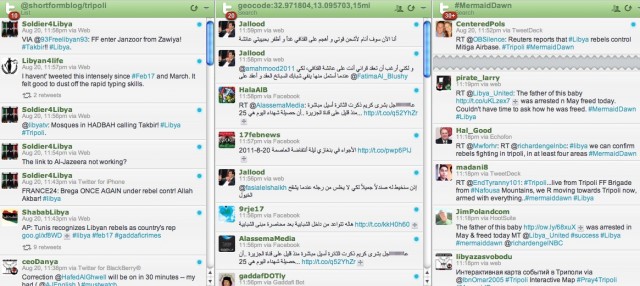About: What I learned this summer, from departing intern Justin Jones
- Editor’s note: Justin Jones, our summer intern, has spent the past few months updating SFB and learning a couple of tricks along the way. As he begins his time back at the University of Florida again and leaves our humble abode, he wanted to share with you a few things he learned over the past few months. Enjoy. Oh, and thanks for the help, Justin. Much appreciated. — Ernie @ SFB
- On people Community and the people who make it are critical, and it’s awesome here on Tumblr. I already had experience with that. What I didn’t have experience with is manning a Facebook and helping with the Twitter, and I learned how to do it in a way that interacted with all of you! I thought it was challenging, but in the end it ended up being really fun and a great learning experience.
- On accuracy When you’re trying to post something quickly, it’s easy to misinterpret something from the source you’re getting it from. Having a fact error is the worst sin a journalist can commit (other than mispelling someone’s name), so I learned to double check everything before I posted it — and realized that sometimes only an editor will catch your mistakes.
- On relevance Not every article you run across is relevant to your audience, or even important to post about based on what we’re trying to achieve with SFB. It’s a careful judgement you make each time you write a post, and one I honed with time — and I think this is my favorite thing I learned, because it’s that important. Not only that, but I hadn’t even thought about it much before.
- » In addition to all of this, I also learned how to write in such a tight space. ShortFormBlog’s style is to keep things, well, short. It’s not as easy as it looks to summarize an entire news story into a quote and 100 words. I think it’s invaluable skill to have, and I learned from some pretty awesome guys. So now I’ll thank Ernie, Seth and Chris for having me around this summer — and for teaching me so much. I know now that I’m better prepared for my last three years in school, and I’m ready to take on some of the more challenging classes in the journalism college here at UF!
